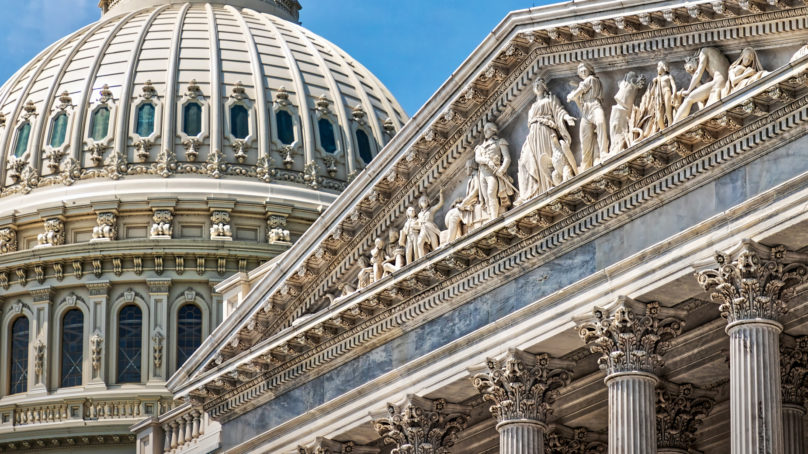
Read more at the Washington CU Daily
Many credit unions appear to be anxious for the National Credit Union Administration to issue guidance about how they may host a digital wallet and use other new technology to provide new services to their members.
“Visions asks that NCUA promptly issue a Letter to Credit Unions confirming that we can directly, or in partnership with a third-party vendor, host a digital wallet capable of facilitating a member’s buying, holding, or selling of digital assets, most especially Bitcoin,” Cynthia Schroeder, senior vice president and chief information and innovation officer at Visions Federal Credit Union in Endwell, N.Y., wrote in a letter to the agency.
The NCUA has been soliciting comment on what role it should play in encouraging and regulating the use of new financial technology.
“The accelerating pace of change information technology brings, coupled with the widespread diffusion of computing power and the growing importance of networks, is raising new opportunities and challenges,” the agency said, in requesting comments.
Schroeder said that the NCUA must provide a clear message that the use of new technology is encouraged.
“Absent a clear and positive indication from the NCUA that such activity will not result in adverse supervisory challenges, credit unions will be hesitant to move forward to provide these services to its members,” she wrote.
Jose Bernal, vice president of Dade County Federal Credit Union in Miami said his credit union’s “internationally diverse population” would benefit from the speed and efficiency of the cryptocurrency network. He added, however, that credit union members could be hurt if they are not educated about using such networks and are not given the tools necessary to use it.
Other credit unions are concerned that if credit unions do not quickly begin helping members deal with digital assets, those members will go elsewhere.
“As a regulated and trusted credit union, Achieva Credit Union would like to impart a sense of urgency to the NCUA,” officials from the Dunedin, Florida credit union told the agency. “We believe that urgently addressing regulatory clarity is critical to serving our members digital asset needs to avoid being left out of our members’ digital asset conversations.”
Renee Christoffer, CEO of the Veridian Credit Union in Waterloo, Iowa, said she is concerned that credit unions are falling behind banks in this area.
“Credit unions should be granted the power and ability to provide similar technology solutions as banks,” she told the NCUA. “Currently, banks have already been granted digital asset powers that credit unions presently lack.”
However, one credit union raised the red flag about the use of digital assets. “Star One Credit Union is opposed to any involvement in digital assets because they are risky and could cause significant losses to consumers, individual depository institutions and the greater financial system,” Gary Rodrigues president/CEO of the Star One Credit Union in Sunnyvale, California told the agency.
He said that digital assets often are used to facilitate illegal activities and that the risk of loss from owning or using digital assets is considerably higher than owning and using US currency.
“Transactions involving digital assets are also not covered by the same consumer protections that are in place for US currency transactions,” he warned. “Consumers and organizations that perform transactions involving digital assets are exposed to many risks associated with the illegal activities.”
































































